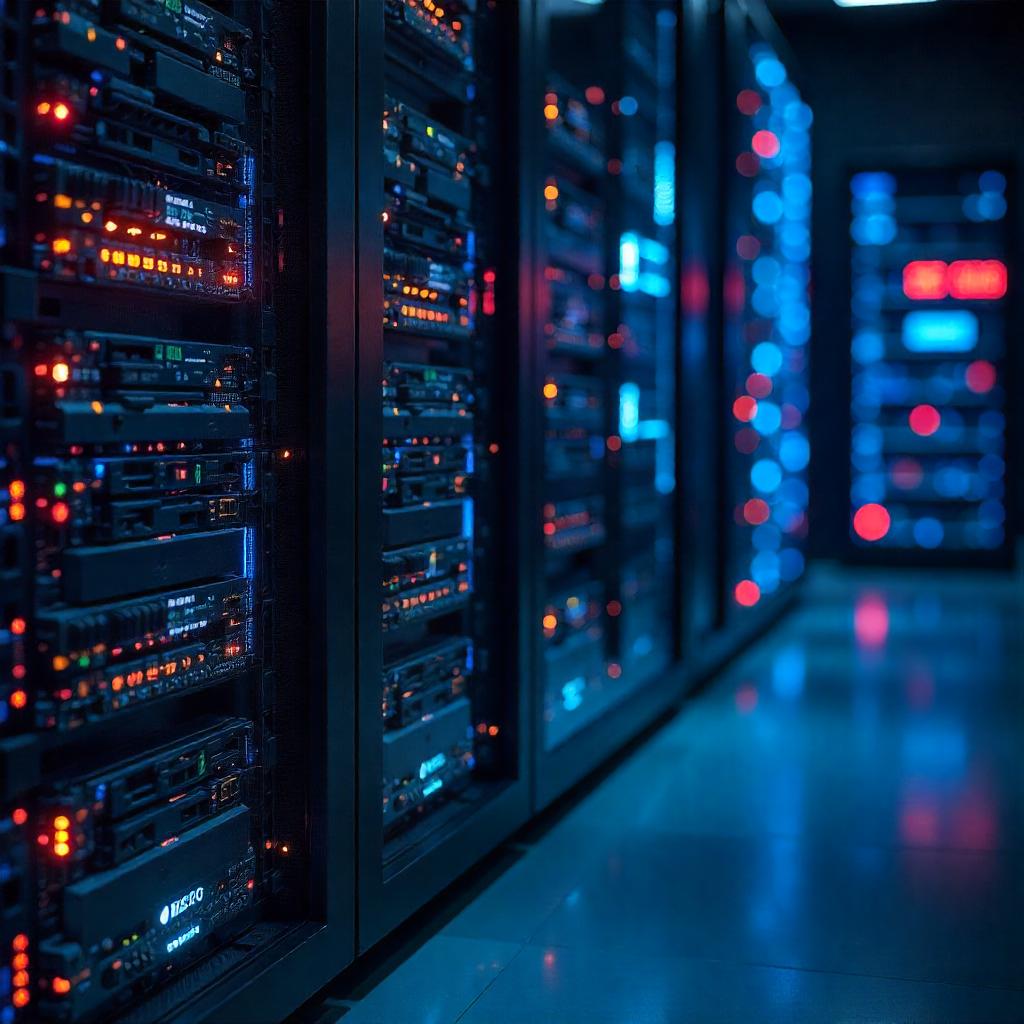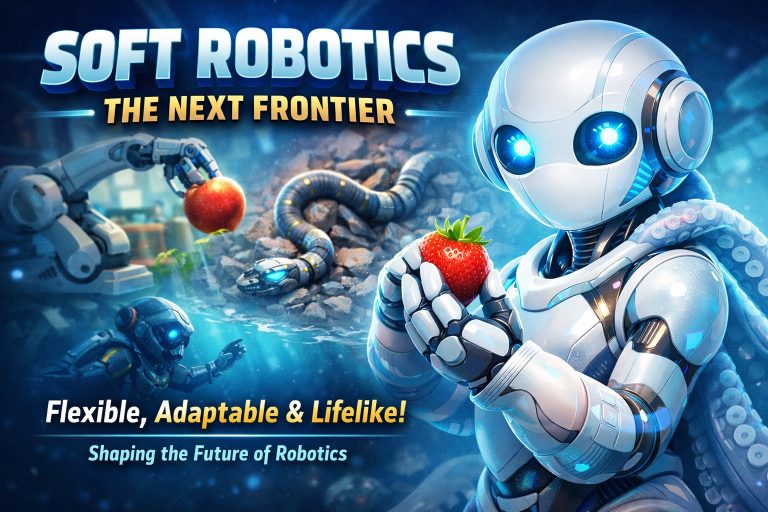High-Performance Computing (HPC)
High-Performance Computing (HPC) is the backbone of modern scientific discovery, artificial intelligence, and financial modeling. It enables rapid data processing, complex simulations, and large-scale computations far beyond the capabilities of traditional computing.
How HPC Works
HPC clusters leverage parallel computing and distributed processing to solve complex problems at lightning speeds. They rely on:
- Supercomputers: Machines with massive computational power, like Fugaku or Summit.
- GPU Acceleration: Utilizing GPUs for AI, deep learning, and simulation tasks.
- Cloud-Based HPC: Accessing HPC resources via cloud providers like AWS and Google Cloud.
HPC vs. Traditional Computing
Unlike standard computers that process tasks sequentially, HPC systems break large computations into smaller tasks that run simultaneously, achieving results in a fraction of the time.
Applications of HPC
HPC is a game-changer in many industries, including:
- AI & Machine Learning: Training complex deep learning models.
- Financial Modeling: High-frequency trading, risk analysis.
- Healthcare & Genomics: Drug discovery, genome sequencing.
- Climate Research: Predicting extreme weather and climate change.
- Cryptocurrency & Blockchain: Mining, transaction validation.

Future Trends in HPC
Emerging trends shaping the future of HPC include:
- Quantum Computing: Solving problems traditional computers can’t.
- AI & HPC Convergence: AI-driven optimizations for faster processing.
- Green HPC: Energy-efficient supercomputing.
- Edge Computing: Distributing HPC closer to data sources.
Challenges and Innovations
Despite its advantages, HPC faces hurdles such as power consumption, cost, and software complexity. Innovations in exascale computing, neuromorphic chips, and AI-driven optimizations aim to overcome these challenges.
Conclusion
HPC is revolutionizing industries, enabling breakthroughs in science, finance, and AI. As technology advances, HPC will continue to push the boundaries of what’s possible.
For more insights on futuristic computing, explore Cryptonomas!



